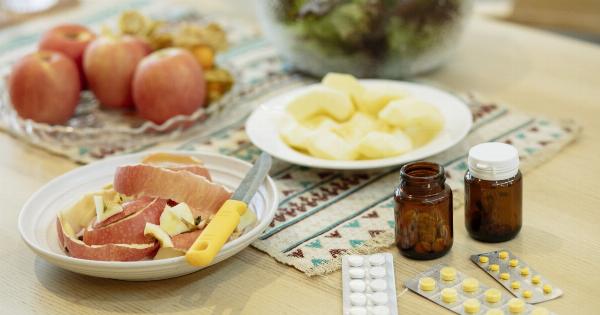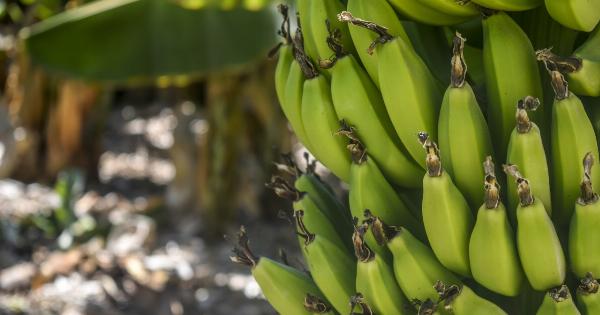Potassium is a vital nutrient for the body, necessary for proper muscular, nervous, and kidney function. However, elevated levels of potassium in the blood can lead to serious health complications, such as irregular heartbeat and muscle weakness.
If you find yourself with potassium buildup, here are some ways to find the extra and unnecessary for your diet.
1. Salt Substitutes
Many people with hypertension or heart disease are told to limit their salt intake. As a result, they may turn to salt substitutes to add flavor to their food.
However, many salt substitutes contain potassium chloride instead of sodium chloride, which can contribute to potassium buildup. Check the label of any salt substitute you use and opt for those with lower levels of potassium.
2. Sports Drinks
While sports drinks can be a good source of electrolytes after a workout, they can also contain high levels of potassium. Look for low-potassium options or limit your consumption if you are prone to potassium buildup.
3. Supplements
If you take potassium supplements, be aware of the dosage. Taking too much can lead to potassium buildup. Always follow the recommended dosage on the label or consult with your healthcare provider.
4. Canned Foods
Canned fruits and vegetables can be a convenient option but they can also contain added salt and high levels of potassium. Opt for fresh or frozen options whenever possible or look for low-sodium and low-potassium canned foods.
5. Processed Meats
Processed meats, such as deli meats and sausage, can contain high levels of sodium and potassium. Extended use of these products, particularly in large amounts, can contribute to potassium buildup.
Choose fresh meats or limit processed meats in your diet.
6. Certain Fruits and Vegetables
Fruits and vegetables are a great source of potassium. However, some are higher in potassium than others. If you are trying to limit your potassium intake, avoid high-potassium foods such as bananas, kiwi, and potatoes.
Choose lower potassium options like berries, apples, and green beans.
7. Medications
Some medications, such as nonsteroidal anti-inflammatory drugs (NSAIDs) and certain blood pressure medications, can contribute to potassium buildup.
If you are taking any medications, speak with your healthcare provider to determine if they could be contributing to your potassium levels.
8. Salt and Pepper Seasoning Blends
Pre-packaged seasoning blends may contain added salt and potassium. Be sure to read the label and opt for low-sodium and low-potassium options or make your own seasoning blends using fresh herbs and spices.
9. Dairy Products
Dairy products such as milk, yogurt, and cheese can be high in potassium. Consider using low-potassium substitutes such as almond or coconut milk, and choose cheese and yogurt made from milk with reduced potassium levels.
10. Alcohol
Excessive alcohol intake can contribute to potassium buildup. If you consume alcohol, do so in moderation and be mindful of your overall nutrient intake.































